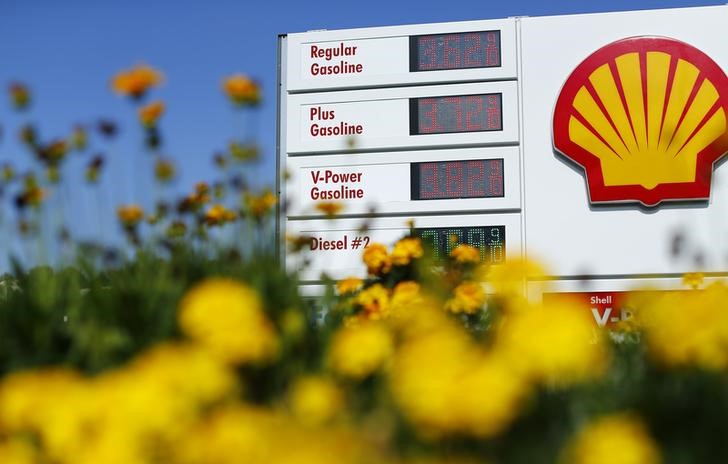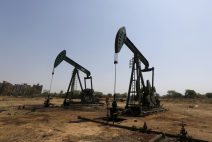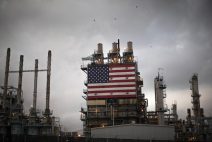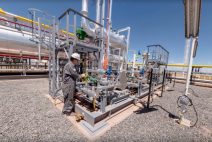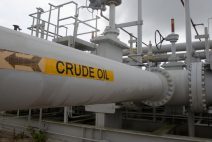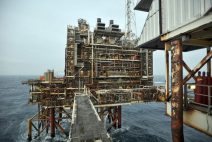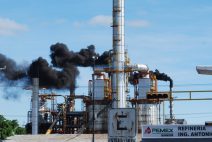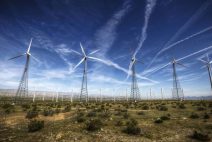Shell weakened a 2030 carbon reduction target and scrapped a "perilous" 2035 objective, citing expectations for strong gas demand and uncertainty in the energy transition even as it affirmed a plan to cut emissions to net zero by 2050.
Shell's retreat follows a similar move by rival BP (BP.L), opens new tab last year as many governments around the world slowed down the roll out of climate policies and delayed targets amid soaring energy costs and supply concerns.
Oil majors have also come under increased investor pressure to focus on the most profitable businesses after reporting bumper profits in recent years while returns from renewables slumped.
The changes to Shell's targets are a central pillar in CEO Wael Sawan's strategy revamp to focus on higher-margin projects, steady oil output and growth in production of natural gas in order to boost returns.
In an annual update on its energy transition strategy on Thursday, Shell said it will target a 15-20% reduction in net carbon intensity of its energy products by 2030 compared with 2016 intensity levels. It had previously aimed for a 20% cut.
Measuring emissions from burning fossil fuels by intensity rather than in absolute terms means a company can technically increase its fossil fuel output and overall emissions while using offsets or adding renewable energy or biofuels to its product mix.
Shell, the world's largest liquefied natural gas (LNG) trader, said that it believed gas and LNG will play a critical role in the energy transition by replacing more polluting carbon in power plants.
At the same time, it expects its power sales, which include renewable power, to be lower than previously forecast.
The company retired a previous target to reduce its carbon intensity by 45% by 2035. Sawan told Reuters that it was "perilous" for Shell to set 2035 emission reduction targets because "there is too much uncertainty at the moment in the energy transition trajectory".
"We are trying to focus our company, our organization, and our shareholders on a waypoint that's much clearer... which is 2030," Sawan said.
Shell also introduced a new "ambition" to cut overall emissions from oil products such as gasoline and jet fuel sold to customers by 15-20% by 2030 compared with 2021.
End-user emissions, referred to as Scope 3, account for about 95% of the company's greenhouse gas pollution.
Shell also maintained its target to halve emissions from its own operations, known as Scope 1 and 2 emissions, by 2030, saying it had already achieved more than 60% of that target.
